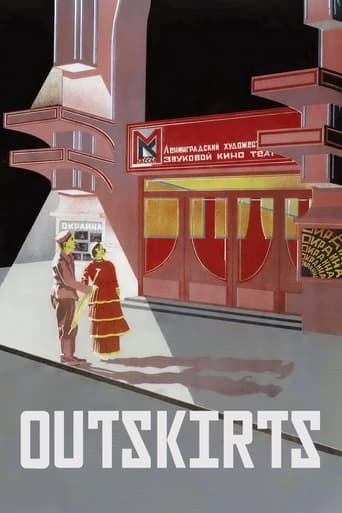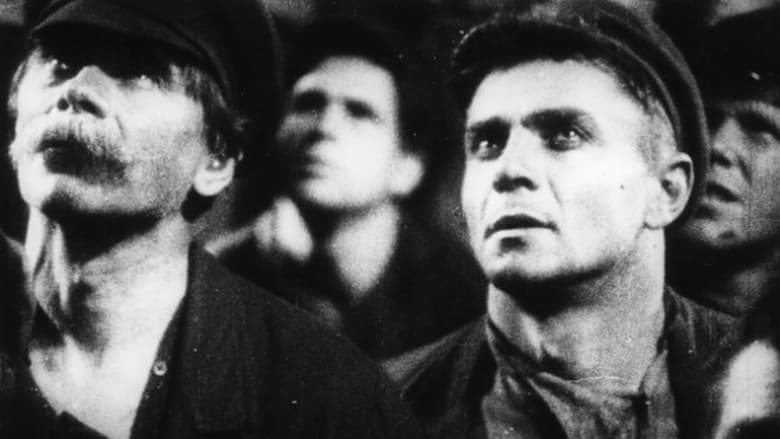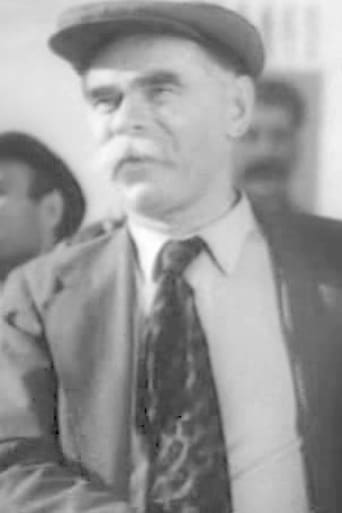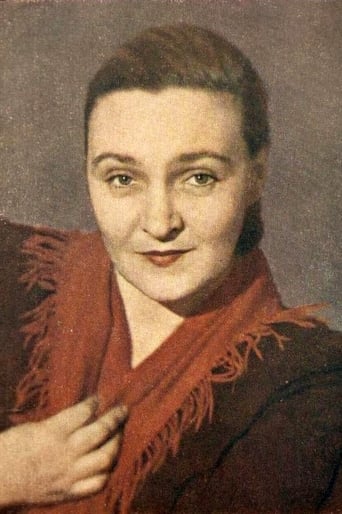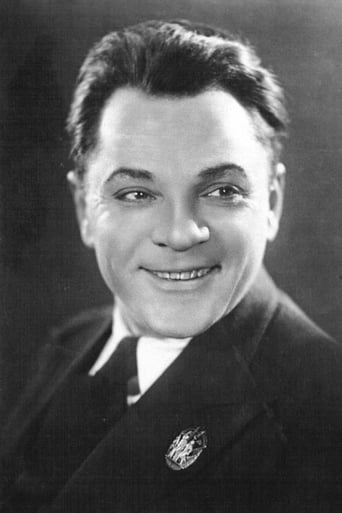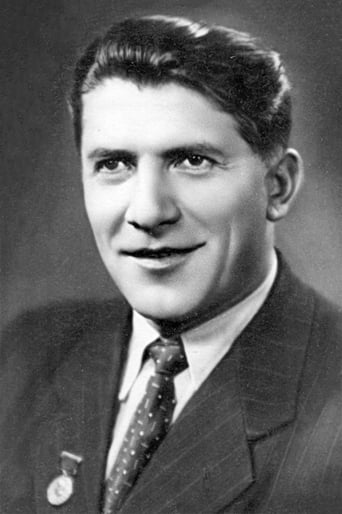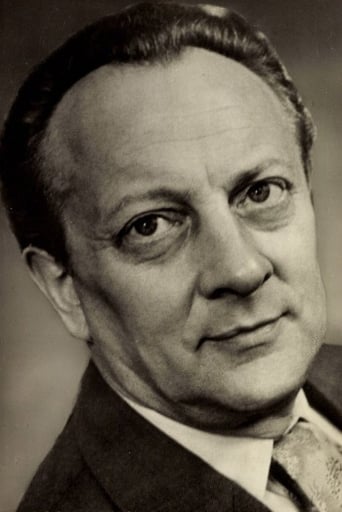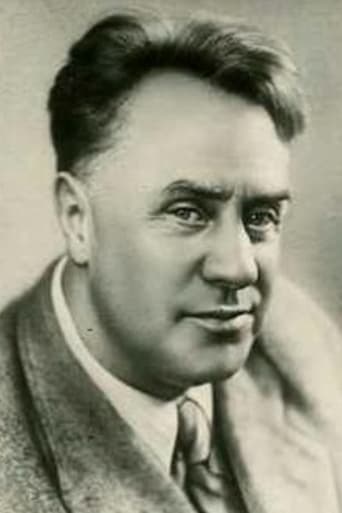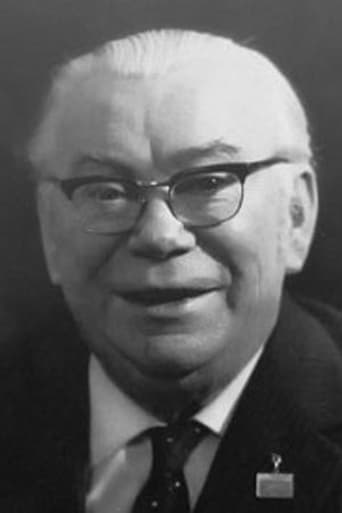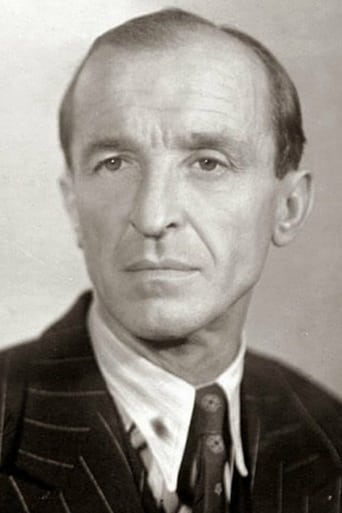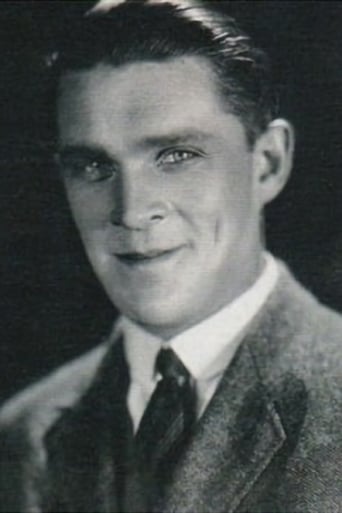Outskirts is an internationally renowned masterpiece of early sound cinema. In a remote Russian village during World War I, colorful and nuanced characters experience divided loyalties: family loyalty vs. personal desire, nationalism vs. transcendent humanism.


Similar titles
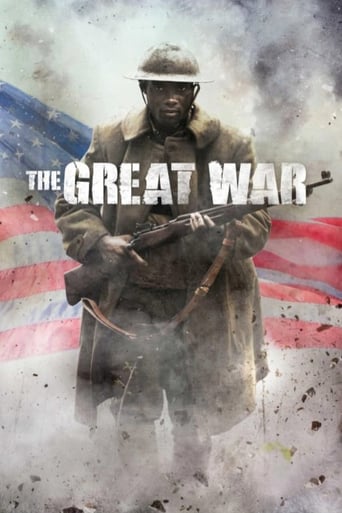
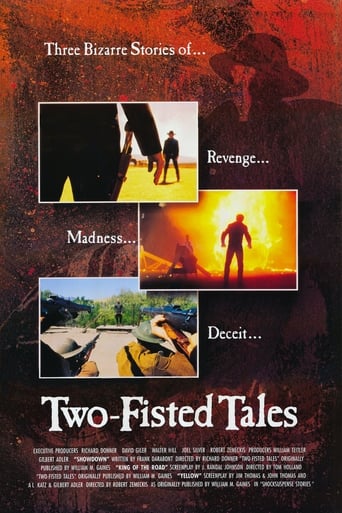
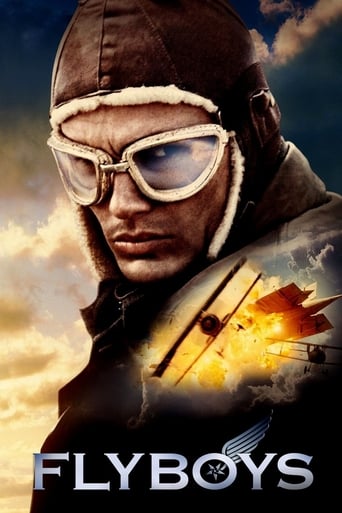

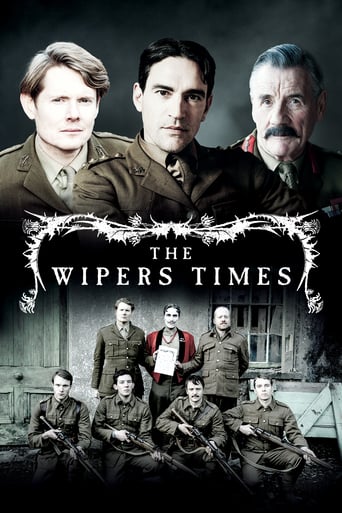
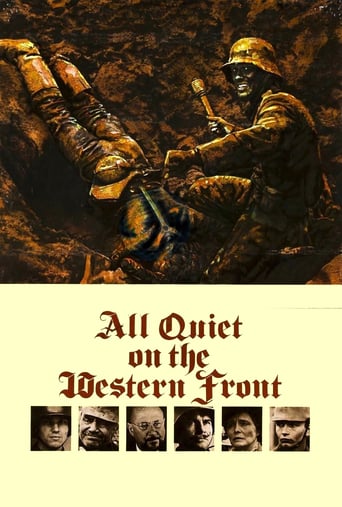
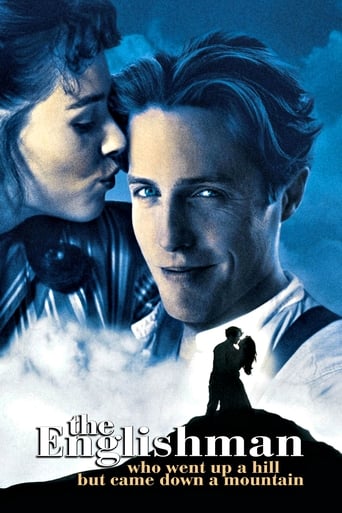
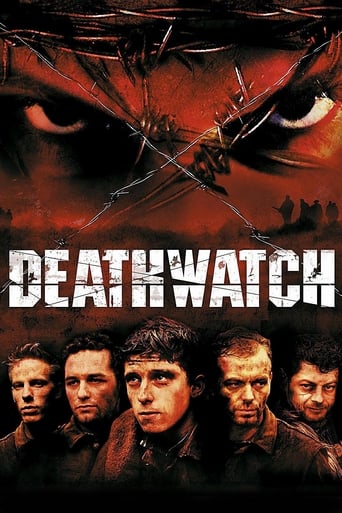
Reviews
Outskirts is the story of one town from the outbreak of WWI and into the beginning of the revolution. It follows a few separate story lines—a few of these story lines include a father and his two soldier sons; a girl, her German POW love and her awful, anti- revolution father. This series of subplots was entertaining—it allowed for a lot of issues to be tackled: the soldiers on the front and the POWs in the town provided a look at the war and some of the issues the Russian people were faced with during WWI. While it didn't even begin to show the incredible struggles and loss, it did convey the feeling that the Russians did not want to be fighting the war. There was also the love story that did a good job of showing the common humanity between the Germans and the Russians. The series of subplots, however, were also quite confusing. None of the scenes really came full circle, and a lot of them left me with more questions than I got answers. Even in the end when the revolution was beginning to come full circle, the subplot method did more to confuse than anything. My other thoughts on this film are related to its ideological content. It doesn't seem to focus too much on ideology until the end and then it is sort of in a frantic way that tries to cram all of it into a very small period of time. This seems strange to me since it was made in 1933, the heyday of the party minded film. Despite some of the film's shortcomings—such as the confusion— it was still an enjoyable 90 minutes.
Boris Barnet's 1933 film Outskirts was created during a time when the only films acceptable for public Soviet cinemas had to obey the motto: "films for the millions." If it was not simplemindedly portraying Communism, the Revolution, or the Party's role in improving Soviet life, it was not screened. Every viewer had to be able to understand their message about these themes. Although Outskirts did indeed depict Soviet class struggle, its relationship with World War I, and the Revolution, it did so in a way that very few contemporary moviegoers could fully understand. I say this because even I, a modern viewer with much more cinema-watching experience than the common Soviet citizens of the 1930s, had trouble following the film. Its many subplots were allowed to run their respective courses with little to no connection at all, and some of these subplots were not even adequately concluded. As a result, Outskirts provides little more than a series of incomplete stories with confusing messages at the end.To get right into it, the purpose of the German tenant at the Russian hotel is unclear—other than to perhaps depict bourgeois indulgence through whimsical games of checkers, why is he even in the film? All he does is play checkers, get angry at the bourgeois Russian owner at the outset of World War I, and leave without any further explanation. Furthermore, although the role of the captured German soldier is more understandable in the film's goal in representing Communist ideology, it was not concluded clearly at all. When the Russian shoemaker protected the German soldier as being "a fellow shoemaker" against the wounded Red Army soldiers, he made a point about the fact that Proletarian struggles transcend national borders, but what happened to the German soldier afterwards? Was he a convinced Communist? Did he fight again in the war? Outskirts failed to answer any of this.While all of this is going on, there are even more subplots—the relationship between the Russian shoemaker and his superior shoe factory owner with a large government order of boots, his two sons who fought and died in the war, an emerging love story between the Russian hotel owner's daughter and the captured German soldier, and a final sequence where the shoemaker may have murdered the hotel owner during the Revolution. There is a point where as a viewer, I have to say enough is enough. Although most of these do in fact represent Communist themes, I feel that Outskirts was a desperate attempt to compress the entire Party's ideology into one movie. In my opinion, the film's grand scope is what led to its confusing message and consequent failure.
Introduction: Kuleshov was a genius, and most of his students are worth getting to know about.Barnet was really the most inconspicuous of Kuleshov's cycle, always quite apart from cinematic polemics raging at the time. He looked like a big lunkhead when we first see him as a cowboy in Kuleshov's Mr. West from '24. His first stab at directing assigned by his mentor, as I read, was a long serial on Fritz Lang territory about spies and counter-spies and international intrigue, except humorous and whimsical. He made another two silent comedies, one of which I've seen, very delicate and sweet-natured class conflict, almost dainty blood.Now this, about events leading up to the Revolution of '17 and so by nature more sombre and reflective. Eisenstein and Pudovkin had turned out rigorously-driven paeans for the 10 year anniversary, Barnet's is something else altogether.It is comedy about neighbors and brothers who are too stubborn to embrace true feelings, searing drama in the next beat about these mutual feelings sublimated in the massive conflict of war. It bleeds and you laugh with a laughter that is sadness.It is plain fun to watch for the duration. There is sound but nowhere near as radical use as in Dezertir from that same year. Barnet was a much more gentle soul, eventually took his own life - the story goes - because he could no longer deliver art on the level he aspired to.It's all in the ending here, a true apotheosis of cinematic expression and one of the best moments in 30's film, truly far-reaching stuff. You have to do the work though, it's not laid out in the open, submerged further afield where censors wouldn't have the imagination to apprehend him.Two brothers have gone to war, the father receives news from the trenches that one has died, the young, rash one. Meanwhile a German POW has returned in his place; the same age, also a shoe-maker, a worker, and finds love in captivity the young brother was denied in an early scene on the same bench. The brother dead for a dubious cause has been surreally transmuted back home into a narrative that now turns vindictive, cruel, anxious - the German POW is summarily beaten by Russians, persecuted. Barnet's coup is that these scenes depict a Revolution under foot, a valiant cause in communist lore.Meanwhile the older brother is still at the front fighting the war. We hardly ever see the German enemy, it's mostly exhausted soldiers futilely storming desolate no man's land. He calls off the bloodshed, single-handedly walking in the firing range and is summarily arrested by Russians as a traitor. The last news he hears is that the Winter Palace has been stormed. His response, on the threshold of consciousness: "what a rush!".Barnet had Kuleshov's films to draw from on how to outwit the censors, but he outdoes even his mentor here in his ability to envision a multi-dimensional fabric.
I first heard of Boris Barnet at the Telluride Film Festival in the mid-80s-- a rather dour intro by the historian Ian Christie was odd prepararation for two absolutely delightful silent comedies, The Girl With a Hatbox (starring Anna Sten, whom Sam Goldwyn would fail to make into the next Garbo) and The House on Trubnaya Street. Outskirts is Barnet's first sound film, and a darker work, though not as it is often described, purely a serious one.The setting is the year 1914, first in a total backwater (we never know exactly where this town is, or if it's attached to something bigger, it's one town out of a thousand in Tsarist Russia) and then, as war breaks out, at the front as well. The plot is simply a series of episodes, initially comic though increasingly grim, depicting the ordinary folk. Though war is here and the great Soviet revolution is coming, the movie seems to offer little more than a sardonic Russian shrug toward such events, the people much more interested in love and clowning around. Like some other early Soviet talkies, Barnet makes a virtue of primitive Soviet sound technique by using sound expressionistically; the difference between this and a film like Pudovkin's Deserter is that Barnet often uses sound to blow a raspberry at whatever grandiose thing is supposed to be happening.This vaguely avant-garde aspect has led a few critics like Jonathan Rosenbaum to call Outskirts an unknown masterpiece of cinema, but it's a little too rough and awkwardly put together for the name to fit comfortably. And more to the point, a Soviet masterpiece is something grand and auspicious, and this is a very different kind of film, closer in spirit to some of Godard's playful and absurdist early films, or to the casual working stiff's cynicism of 1960s Eastern European films like Menzel's Larks on a String, which mocked the pretensions and promises of Soviet society but were careful not to get too specific lest the censor's hand come crashing down. (Actually in both cases the hand came down anyway; Larks on a String was shelved for 20 years, and Barnet apparently got in trouble for Okraina, though by mid-30s Soviet standards he got off lightly and at least continued to work for another 25 years before committing suicide in the Brezhnev era.)
